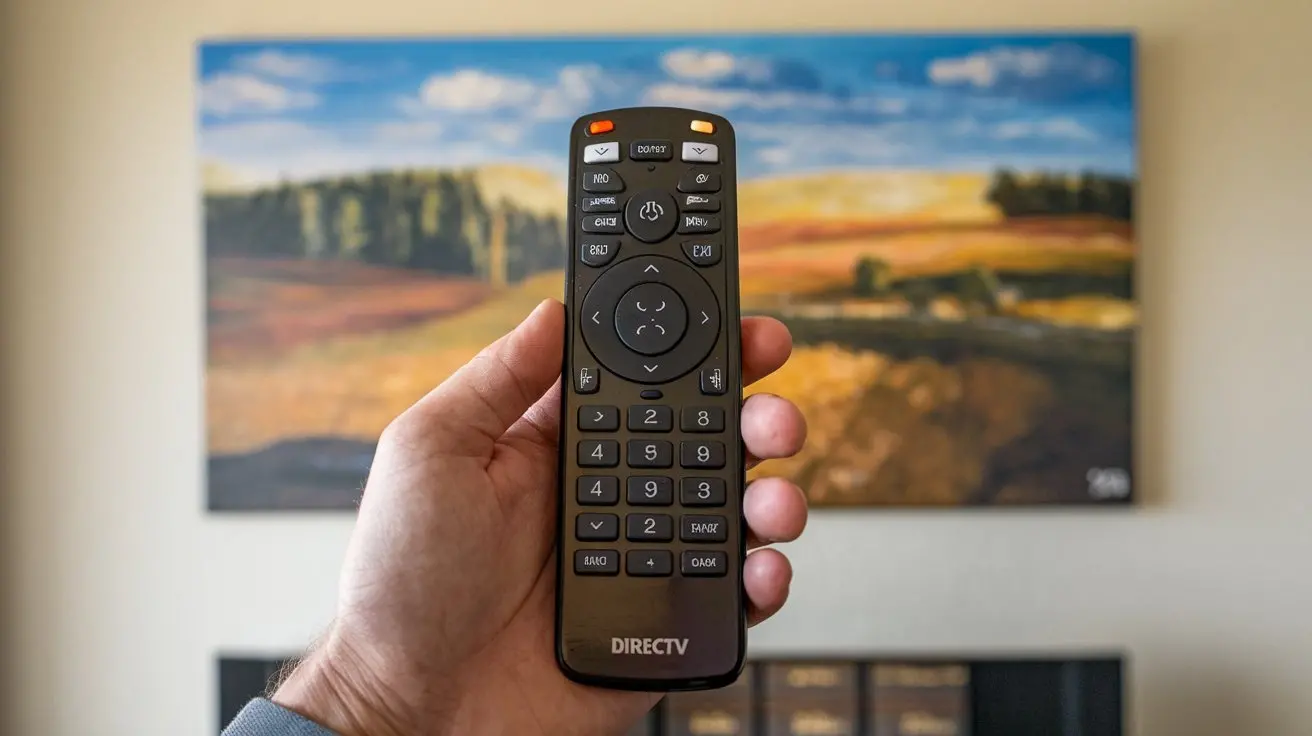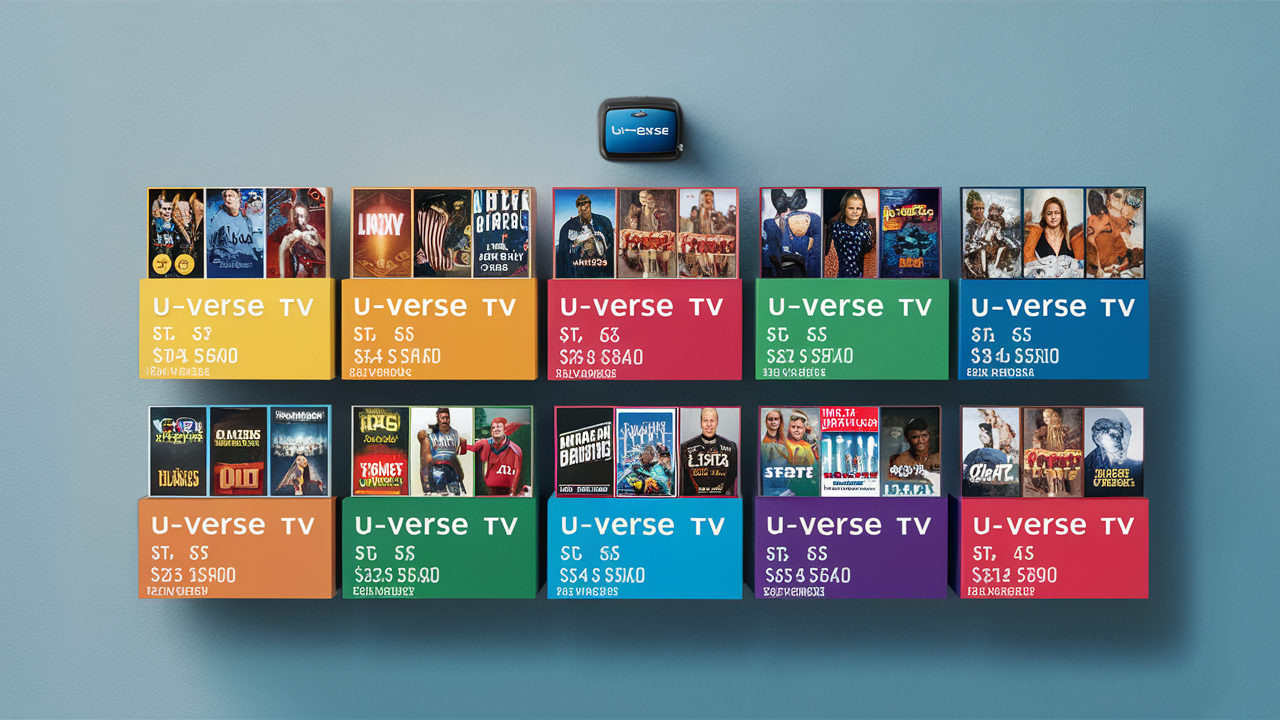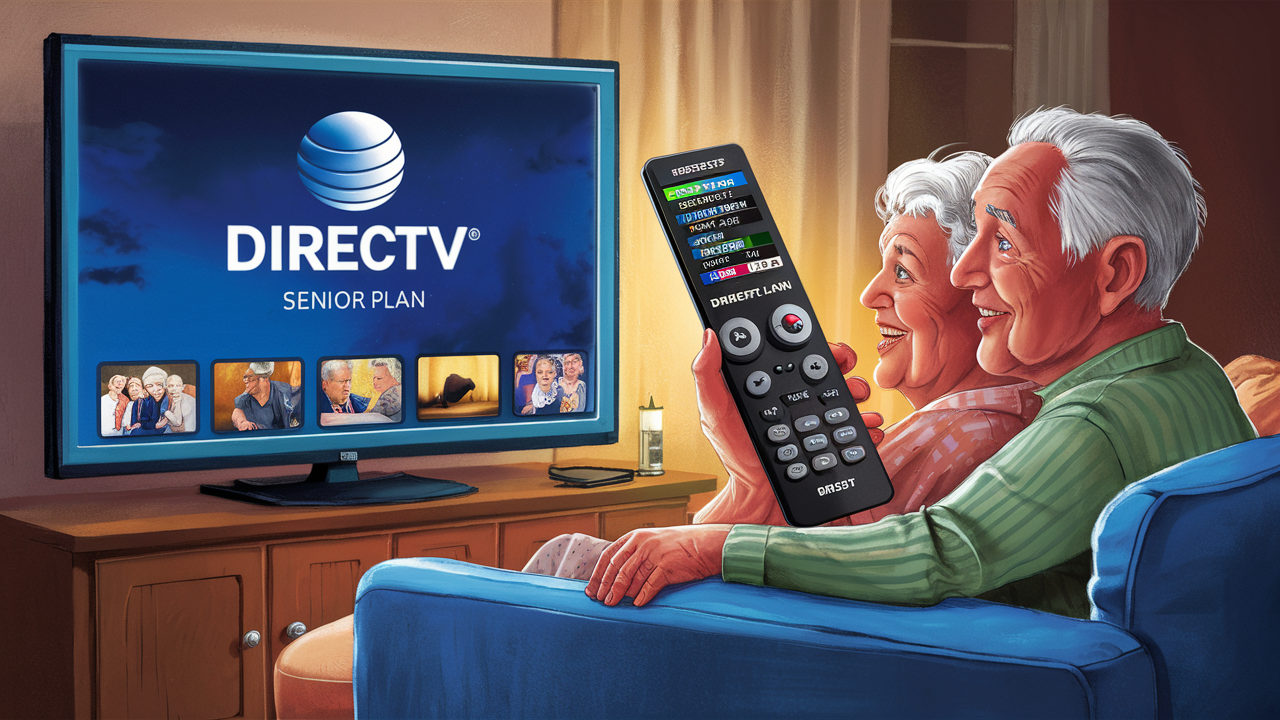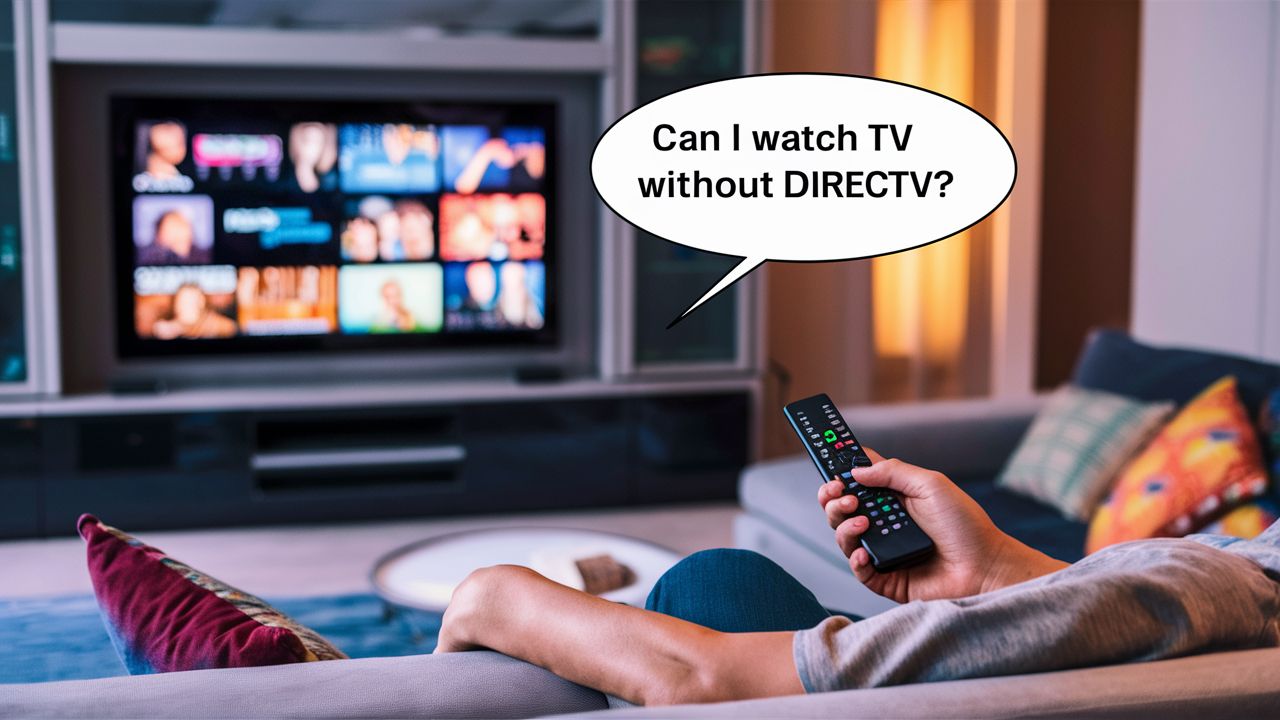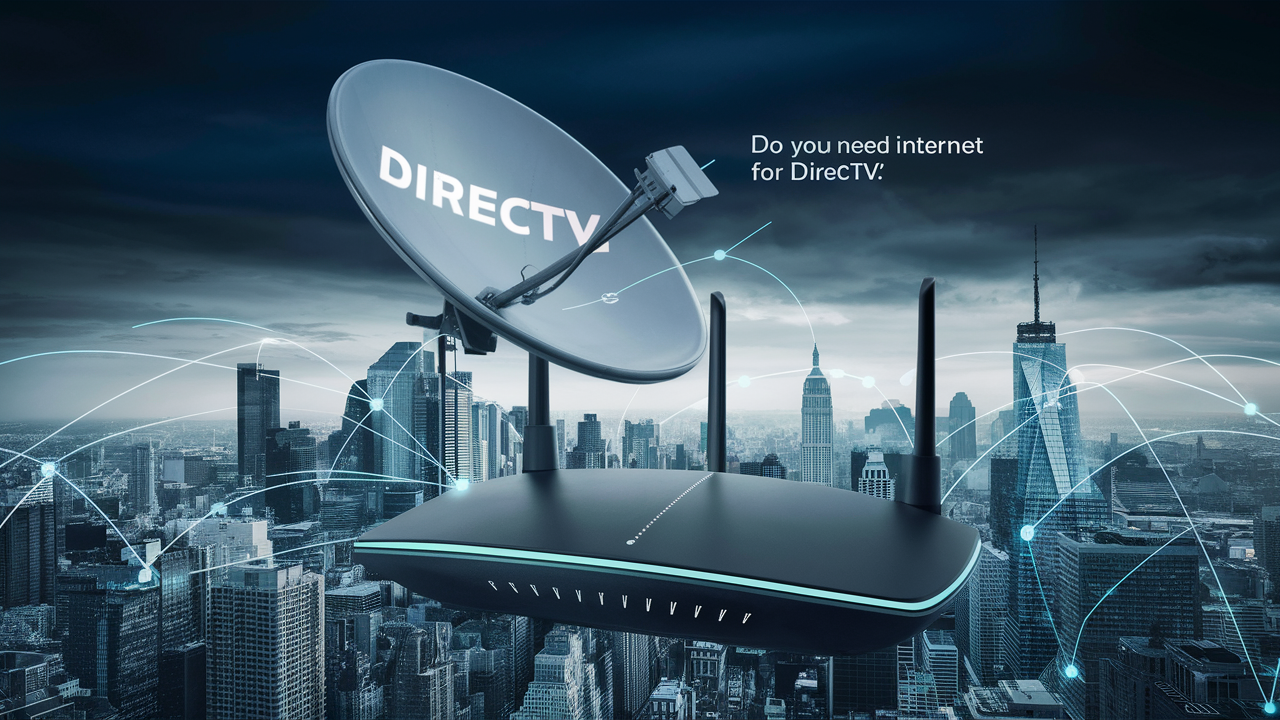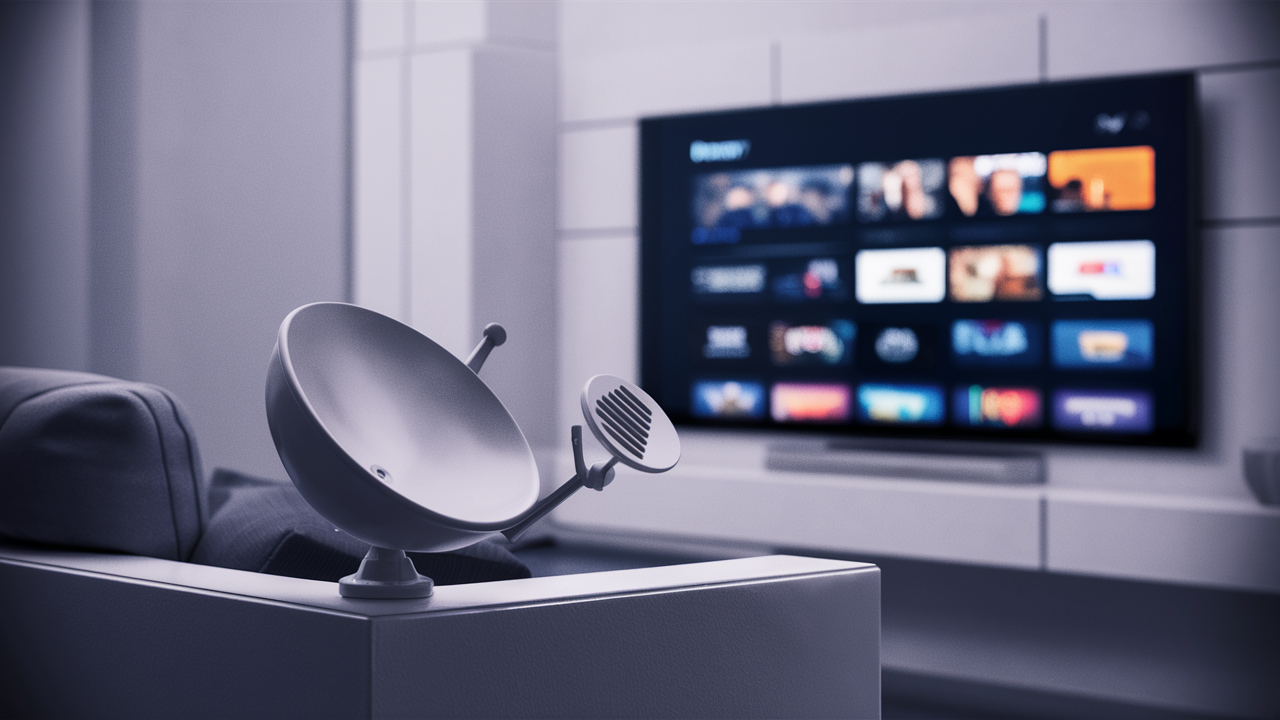Why did AT&T get rid of DIRECTV?
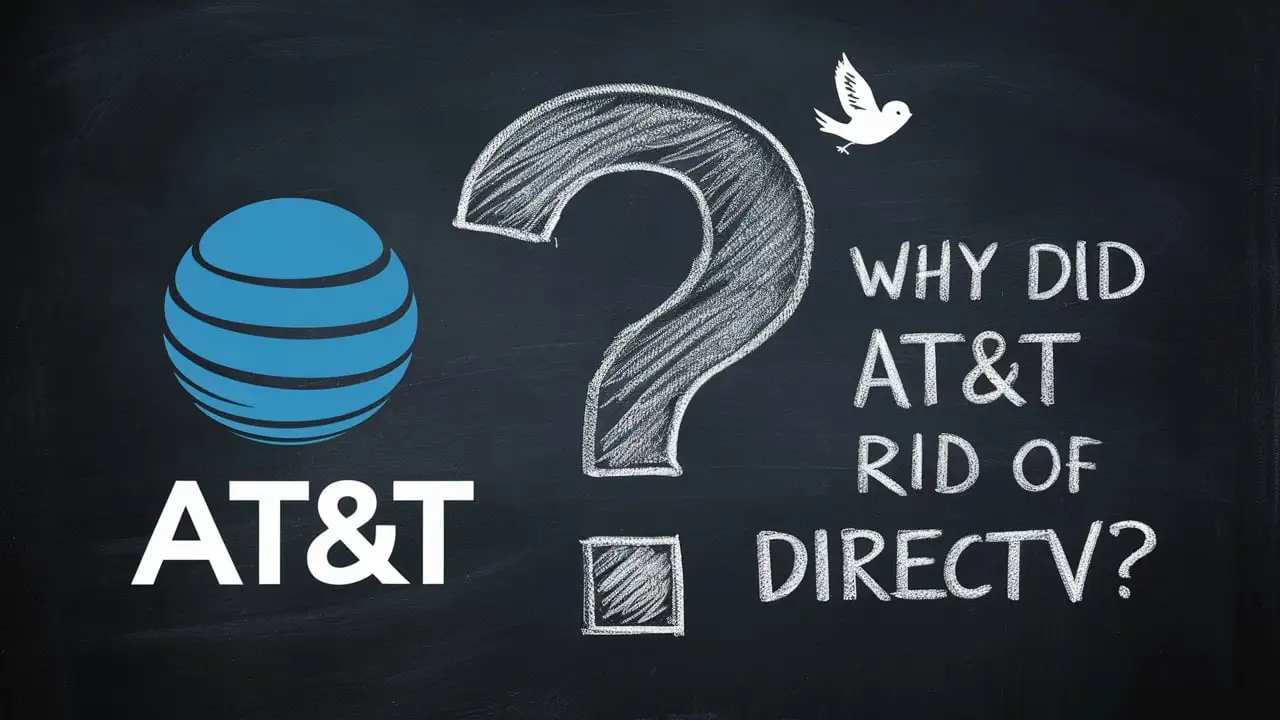
AT&T said last month that Discovery Inc. would be purchasing WarnerMedia, which contains CNN, HBO, TNT, and other media assets, for $43 billion. Under this deal, AT&T will sell DIRECTV, a satellite TV firm it acquired for $48.5 billion in July 2015. Given that T&T just five years ago paid large sums to purchase DIRECTV, its choice to divest it begs extremely interesting questions. AT&T has opted to cut out DIRECTV for a few main reasons.
The Pay TV industry has been on the decline.
Cord-cutting resulting from customers' move to low-cost services like Netflix and Hulu has put pressure on pay-TV companies like cable, satellite, and telecom operators during the last several years. For instance, DirecTV has not performed very well; since 2015, they have been bleeding with over 6 million subscribers leaving. As AT&T turns more toward 5G wireless networks and grows HBO Max, the pay-TV company is no longer seen as a growth business or a strategic adjacency for the company. By offloading their declining DirectV company, they can devote more cash to streaming and wireless.
Did Not Achieve Synergy Goals
The synergies expected from the mix of DIRECTV's programming and delivery and AT&T's mobile, internet, and sizable customer base were one of the main justifications for the purchase of the company by AT&T in 2015. Bundling services were supposed to assist businesses in drawing in more business and keeping it, therefore improving their chances against cable behemoths like Comcast. Getting the synergies out of those purchases proved more difficult than they had thought, however. Customers still believed that DirecTV and AT&T Internet are separate businesses. It developed into a costly satellite TV business connected to AT&T with no overall synergy. Exiting this company gives AT&T the much-needed fresh break while they rebuild themselves.
High Debt Load
AT&T has been saddled with a very large debt load since it bought Time Warner ($85 billion) and DIRECTV ($49 billion). AT&T still has more than $180 billion in debt on its books as of the first quarter of 2020. This debt has limited AT&T's financial flexibility to support expansion plans in streaming services and new-generation network development. Offloading the deteriorating business of DIRECTV will help to lower debt by providing cash to handle debt and reorganize AT&T for future expansion.
Accounting Impairments
In Q4 2019, AT&T recorded a significant impairment of $15.5 billion in the DIRECTV segment as they reduced the value on their balance sheet. This was a realization that the business was not even half of what they paid for it in 2015, and a message that they may one day unload it for a loss, given the issues it has caused. The COVID-19 virus crisis magnified the financial issues and customer erosion at DIRECTV and compelled AT&T to cut its losses and streamline its portfolio.
Focus on Streaming
The new strategy of AT&T is the growth of the HBO Max streaming service, as streaming is the new center of entertainment. Further investments would be necessary in the form of original content for HBO Max and the capacity of the technology. There is no strategic rationale for the companies to continue owning the shrinking DIRECTV satellite TV business. Ending services with DIRECTV will help the management to focus all its efforts on the streaming sector against competitors such as Netflix, Disney & Amazon.
Potential Merger Requirements
It was also mentioned that the DOJ may force AT&T to sell DIRECTV as a condition of merger approval due to the vertical integration between content acquisition and pay-TV distribution. More importantly, AT&T avoided a forced divestment of DIRECTV by proactively initiating its sale with Discovery as part of the deal. This can be seen as essentially an endearing to sell from the DOJ to realign AT&T into their core wireless and entertainment strength.
In conclusion, it can be stated that under the pressure of the deteriorating economics of satellite and/or pay-TV, the high amount of acquired debts, the necessity to invest in 5G and streaming, and the regulation reset, AT&T had to unload DIRECTV. Five years ago, DIRECTV was viewed as a strategic component of their plan and a complementary acquisition. Now, as the environment changes, DISH is an opportunity to rid itself of DIRECTV and rebuild AT&T’s business for new realities. This didn’t happen as expected, so AT&T is now divesting those distracting and unprofitable businesses in a bid to get back to its core competencies.
Upgrade to faster, more reliable AT&T Fiber Internet today! Call us at +1 844-905-5002 and get connected with speeds that keep you ahead.
